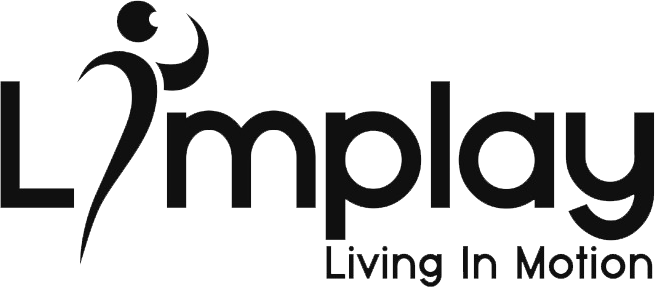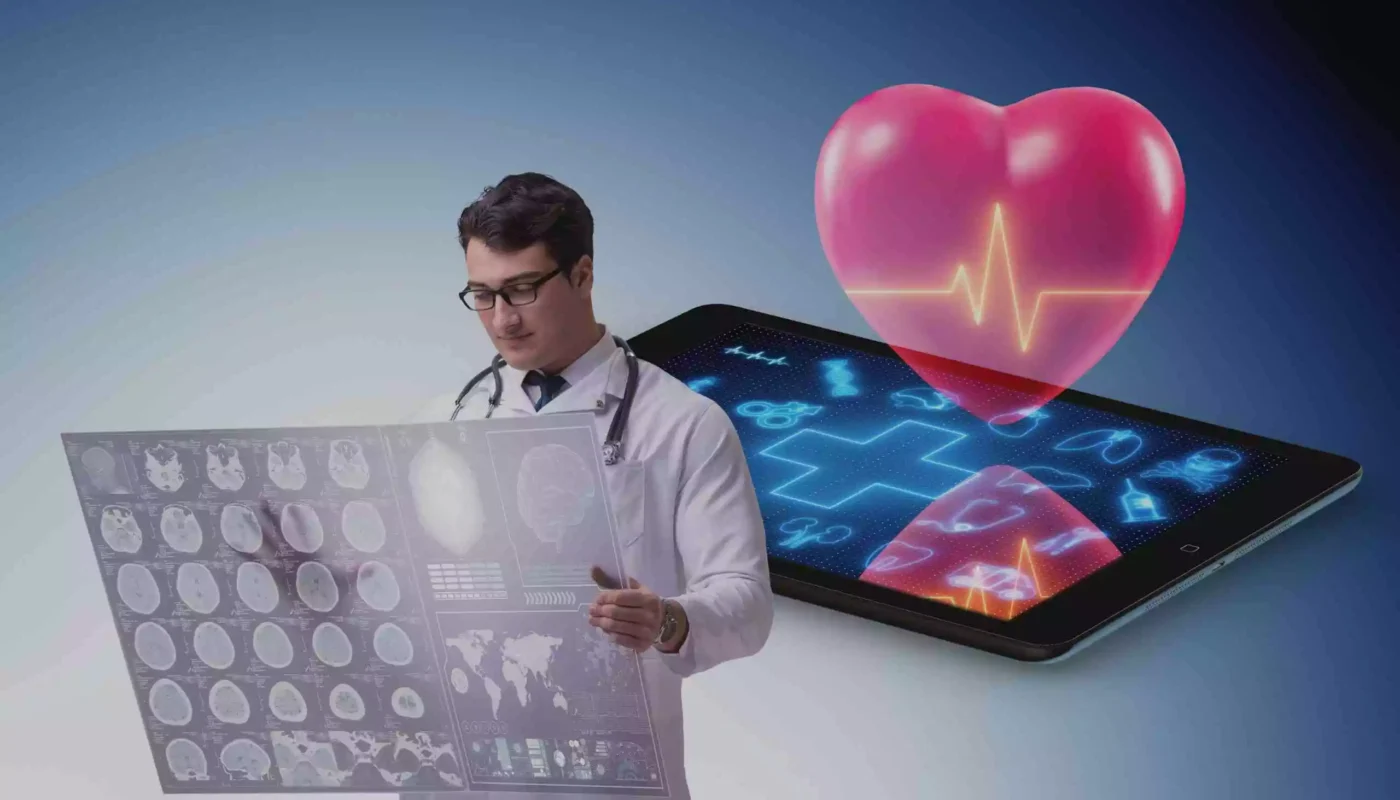Wearable technology is revolutionizing health monitoring by providing real-time data and personalized insights. It helps individuals track vital signs and manage health conditions.
Wearable technology has transformed the way we monitor health. Devices like fitness trackers and smartwatches offer continuous monitoring of heart rate, sleep patterns, and physical activity. These gadgets provide real-time data, enabling users to make informed health decisions. Integration with smartphones allows for easy access and analysis of health metrics.
Personalized alerts and reminders help manage chronic conditions more effectively. The convenience and accessibility of wearable technology empower individuals to take proactive steps towards better health. This revolution in health monitoring is fostering a more health-conscious society.
The Rise Of Wearable Technology In Healthcare
Wearable technology started with simple fitness trackers. These devices count steps and monitor heart rates. Now, they have become more advanced. Some wearables can even detect irregular heartbeats.
Smartwatches now offer many health features. They can track sleep patterns and measure blood oxygen levels. There are also specialized medical devices. These can monitor blood sugar for diabetics.
Wearables help in preventive medicine. They alert users to potential health issues. Early detection is crucial for many conditions. This can prevent serious problems later on.
Doctors can also use data from wearables. This helps them provide better care. They can spot trends and recommend lifestyle changes. Wearable technology is making healthcare more proactive.
Critical Features Of Health Monitoring Wearables
Wearables can track your heart rate, steps, and sleep patterns. They update this data in real-time. You can see your health data on your phone. This helps you to stay active and healthy. Real-time tracking also helps doctors. They can see your data instantly.
Accurate data is very important. Wearables must give correct health information. Incorrect data can lead to wrong treatments. Privacy is also a big concern. Wearables collect a lot of personal health data. This data must be kept safe and private. Companies must follow strict rules to protect your data.
Popular Devices On The Market
Smartwatches and fitness bands are everywhere. They track your heart rate and steps. Many also monitor your sleep patterns. Some even check your blood oxygen levels. Apple Watch and Fitbit are top choices. They help you stay active and healthy. You can set goals and see your progress. Alerts remind you to move or breathe. Data syncs to your phone for easy access.
Specialized health tools are also popular. Continuous glucose monitors help people with diabetes. These devices track blood sugar levels. ECG monitors check your heart’s rhythm. They can detect irregular heartbeats. Sleep apnea monitors keep track of breathing at night. They help diagnose sleep disorders. Each tool is designed for a specific health need. They provide important data for better health management.
Integration With Smartphones And Apps
Wearable technology syncs with health apps on smartphones. This allows users to track their health data in real-time. Health apps collect data from wearables and analyze it. This helps users understand their health better. Users can set goals and monitor progress easily.
Wearable devices have simple interfaces. They are easy to use for all age groups. The design is user-friendly and intuitive. Notifications are clear and timely. This ensures users stay informed about their health status. Customizable settings allow users to tailor their experience. This makes health monitoring more engaging and effective.
Advancements In Sensor Technology
Wearable technology now tracks heart rate, blood pressure, and oxygen levels. Tiny sensors collect this data. These sensors have become very small and accurate. Biometric data helps doctors monitor health in real-time. It also alerts users to potential health issues.
Non-invasive sensors mean no needles or blood tests. Wearables can measure glucose levels without a prick. They also track sleep patterns and stress levels. This makes health monitoring easy and painless.
The Role Of Ai And Machine Learning
AI and Machine Learning help predict health issues. These technologies analyze large amounts of data. They spot patterns that doctors might miss. This leads to faster diagnosis and treatment. Patients get better care. They can avoid serious problems.
Wearable devices collect personal health data. This data includes heart rate, sleep patterns, and activity levels. AI algorithms use this data to give personalized advice. Users can make better health choices. They can see what works best for them.
Challenges And Limitations
Data security is very important in wearable technology. Devices collect sensitive health data. Hackers can steal this data. Companies must encrypt data to keep it safe. Strong passwords help protect user accounts. Users should be careful with public Wi-Fi. Regular updates to software can fix security issues.
Wearable devices must be reliable. They should work well all the time. Accurate readings are very important. Wrong data can cause health issues. Companies test devices many times. Regular maintenance can keep devices working well. Users should follow instructions for best results.
Future Trends In Wearable Health Technology
Wearable devices help doctors monitor patients from far away. Patients can stay at home and still get care. This reduces the need for hospital visits. Smartwatches can track heart rates and send data to doctors. Blood sugar monitors can alert when sugar levels are too high or low. Fitness trackers help people stay active and healthy.
New wearable devices are being created every day. Some can even check blood pressure. Glucose monitors are becoming smaller and easier to use. Wearable ECG monitors can detect heart problems early. Smart clothing can track body movements and exercise. These advances make it easier to stay healthy.
Wearable technology is transforming health monitoring for the better. It provides real-time data, improving patient care and outcomes. As advancements continue, these devices will become even more integral. Embrace this innovation to stay ahead in health management. The future of health monitoring is here, and it’s wearable.




